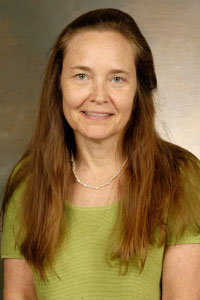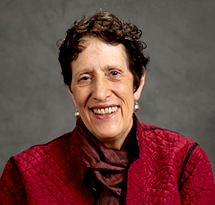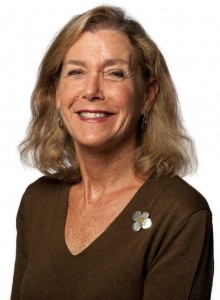What is Person- and Family-Centered Care? As with many specialized terms in health care, it has its very own acronym: PFCC. It sounds very comforting, but non-specific; just the kind of lofty goal likely to get vaporized in a world of vast bureaucracies.
However, PFCC has an important group on its side: social workers. Trained to care for patients within the context of family systems, social workers are just what PFCC needs to become reality.

Earlier this month, I had the privilege of attending a presentation on PFCC for social workers at the annual meeting of the American Geriatrics Society in Seattle. Irene Moore, who teaches at the University of Cincinnati and is a past member of the Board of the AGS Foundation for Health in Aging, organized the event. She convened Lynn Feinberg, Senior Strategic Policy Advisor at the AARP Public Policy Institute, and Nancy Hooyman, Professor of Gerontology, and Co-Primary Investigator, CSWE National Center for Gerontological Social Work Education, at the University of Washington’s School of Social Work. The questions they tackled included how to integrate family caregivers of older adults as partners in care, how to encourage person-and-family view in daily practice, and how to assist social workers to support family caregivers and make PFCC a reality.

To open the discussion, Hooyman shared a set of standards developed by the National Association of Social Workers to enhance social work practice with family caregivers of older adults, and to educate the public about the role of social work in supporting family caregivers. I was surprised to learn that too few practitioners are aware that these standards exist. (Note to readers: please help get the word out!) These standards were developed in 2010 as part of an initiative funded by the John A. Hartford Foundation in partnership with the AARP Foundation, the U.S. Administration on Aging, the Family Caregiver Alliance, and the National Association of Social Workers. It built on an earlier symposium we funded in 2008 to bring together social workers, nurses, family caregiver advocates, and other experts in family caregiving to identify the knowledge and skills social workers and nurses need to support caregivers of older adults.

Feinberg then introduced two of her recent publications, A Call to Action: What Experts Say Needs to Be Done to Meet the Challenges of Family Caregiving and Moving Toward Person- and Family-Centered Care. The first, co-written with Susan Reinhard and Rita Choula, presents the recommendations of ten prominent authors who have written about the challenges of family caregiving. The perspectives they represent range from professional expertise to personal experience. In their report, Feinberg, Reinhard, and Choula emphasize the need for a social movement and a national strategy to better recognize and address the needs of family caregivers. Their policy recommendations include developing better communication, coordination, and collaboration with health care professionals. The report includes a bibliography of the ten authors.
The second piece, written by Feinberg alone, describes the emerging movement toward PFCC. The term generally refers to health care and supportive services that consider an older adult’s individual needs, goals, preferences, cultural traditions, family situation, and values. It includes the person and the family at the center of the care team, along with health and social service professionals and direct care workers. As explained in the piece, one of the key distinctions between PFCC and “patient-centered care” is the holistic approach to the individual; that is, the “whole person” orientation includes care and support that is integrated within and coordinated across the systems of health care and long term supports and services. PFCC recognizes that family caregivers of older adults are central partners in their care. Although awareness and recognition of PFCC is gaining, much still needs to be done to spread its practice. The role of social workers in bringing it about is essential.
